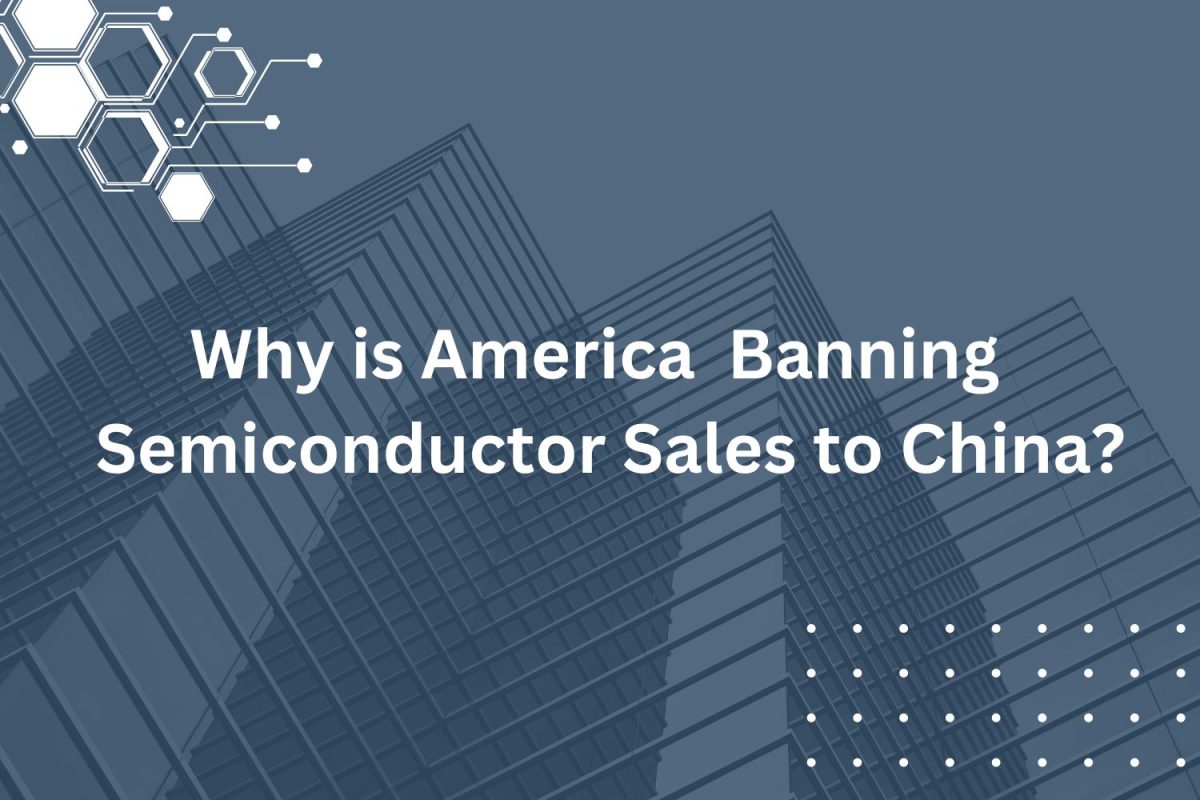This year, the Biden administration has announced they plan to tighten export controls on semiconductor chips used for AI to prevent China from making further advancements in the industry. The new wave of restrictions aims to update rules set in place last year, prohibiting the sale of chips above a certain capability threshold to China and banning the sale of specific equipment. Their main objective is to tie up any loopholes in the previous rules while controlling the market.
The U.S. economy has always been defined as a “free market”- an economic market run by supply and demand- however, these new restrictions have raised eyebrows and called into question how free we are.
Of course, there are some instances where government regulation is necessary; gun control, drug, and food regulations are all perfectly reasonable industries for the government to have some control over. As you have noticed, all these industries are controlled for the same reason, to ensure public safety. This begs the question of if China does reach similar or advanced AI capability, does that pose an immediate threat to the American people?
For starters, why does it matter if we sell to China? Critics of the new rules argue that China can acquire similar semiconductors from non-American-companies however, according to yearly revenue reports, six of the top ten semiconductor suppliers are found in the U.S.A., meaning if major AI corporations want the cream of the crop, their options are minimal.
Through an economic lens, these restrictions should be highly effective in stifling China’s economic growth. In previous years, America had been the leading country in AI development, having a significant lead compared to the competition. Still, with China’s significant investments in the industry, that gap is closing rapidly. China has been heavily invested in the AI market, meaning they are dependent on getting the newest technology, making these new regulations on chip sales detrimental to their economy.
On the other hand, China hasn’t taken any offensive actions and continues to trade with American corporations. If China does aim to attack the American people, why have they been so passive about this whole ordeal? Commerce Secretary Gina Raimondo says, “China is attempting to game the global system by stacking Chinese representatives on international technology standard-setting bodies to promote the country’s values and spread influence.” Even if this is their real intention, isn’t America guilty of doing the same thing? By attempting to control the AI market, we are limiting the progress of other nations to keep them less evolved so that America stays in the lead. In other words, America is attempting to game the global AI market by imposing strict regulations on American semiconductor corporations to promote the country’s power and influence.
This brings us back to our original question: If China has AI capabilities similar to or superior to those of America, does this pose an immediate threat to the American people? It does not. America’s ban on semiconductor sales to China is a clear attempt not to protect the American people but to ensure the American economy maintains its monopoly on the market through underhanded methods.

